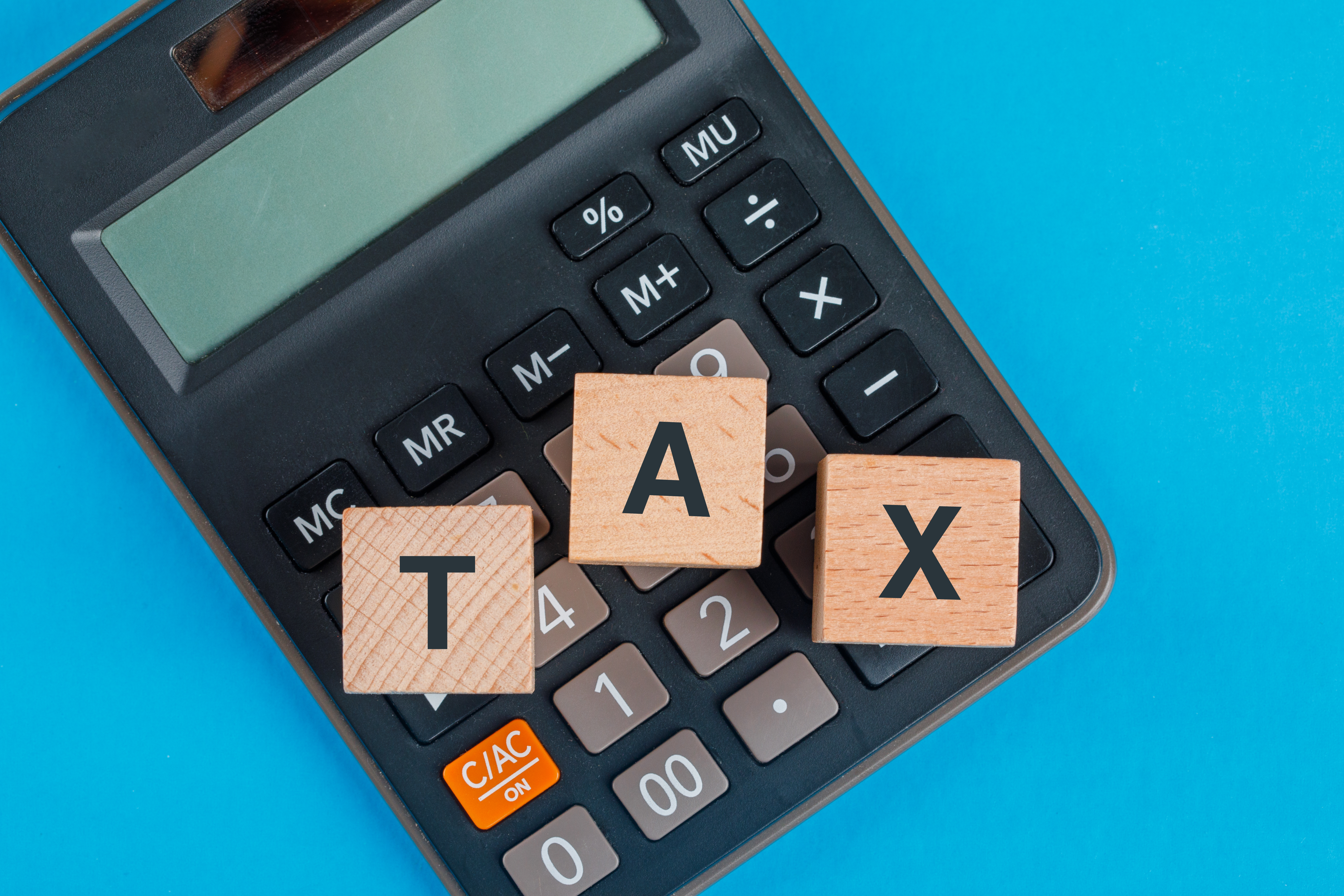
All about Advance Tax
The due date for payment of Advance Tax is approaching. Below is a simple explainer on the concept and rules of paying Advance Tax.
What is Advance Tax?
The Income Tax Act requires us to pay our income taxes for a given Financial Year, during the year itself. So, we have to make estimates of our income and pay the Income Tax on that. This system of paying our income taxes during the current financial year itself, is called Advance Tax. Below are some of the rules pertaining to Advance Tax:
-
- It is paid on the income that is earned/received or estimated to be earned/received during the current financial year. Payment of Advance Tax has to be made in installments as per due dates provided by the income tax department.
- On each due date, the assessee has to make an estimate of the entire year’s income and pay the income tax on that.
- It is payable if the assessee’s tax liability in a given year is Rs.10,000 or more, excluding salary income. Salary income is excluded because the tax (TDS) is deducted by the employer and deposited with the government. If TDS is not deducted by the employer for any reason, one has to calculate, and pay Advance Tax accordingly.
- While calculating the Advance tax, one has to add all taxable income like interest income, Income from House Property, Capital Gains, Dividend Income, etc. Advance Tax on Capital Gain and Dividend Income is payable only after realization of Income/Gains in the hand of the taxpayer. For the understanding of Advance Tax on Capital Gains and Dividend Income, refer: Advance Tax on Capital Gain and Dividend Income).
- Nonpayment of Advance Tax on the due date attracts penal interest.
Who needs to pay Advance Tax?
-
- For individuals with only salary income, Advance Tax is taken care of by the employer by deducting TDS (Tax deducted at Source), at the time of payment of salary and thus hardly any advance tax is payable. But, if an assessee has taxable income from other sources like Interest Income, Capital Gains, Income from House Property, Dividend Income, etc., and the total tax liability on these incomes is Rs.10,000 or more, then Advance Tax is payable.
- Resident Senior Citizens ((i.e., an individual of the age 60 years or above) not having any chargeable income under the head “Profit and Gains of Business or Profession” are exempted from payment of Advance Tax.
- If a person has opted for the taxation scheme of Presumptive Income from Businesses (Sec 44 AD) and Presumptive Income from Professions (Sec44 ADA), he/she can pay the entire Advance Tax liability by 15th March in a single installment, instead of quarterly installments. For a detailed understanding of tax on presumptive income refer: Presumptive Income under Sec 44AD, Sec 44ADA
- A Non-Resident Indian (NRI) who has income accruing in India and has a total tax liability of Rs. 10,000 or more arising from such income, is liable to pay Advance Tax.
Due dates for payment of Advance Tax
| Due Date | % of Tax payable |
| By 15th June | Minimum 15% of tax payable |
| By 15th Sept | Minimum 45% of tax payable |
| By 15th Dec | Minimum 75% of tax payable |
| By 15th March | Minimum 100% of tax payable |
Other Key Pointers:
-
- Any tax paid till 31st March will be treated as Advance Tax. So, if an assessee has missed the deadline for payment of the 4th installment, he/she can still make the payment on or before 31st March and it will be considered as an Advance tax payment.
- If the due date for payment of any installment of Advance Tax falls on a bank holiday, then the taxpayer should pay the Advance Tax on the immediately following working day.
- After paying the 1st, 2nd, or 3rd installment of Advance Tax, if the assessee feels that there is a change in the tax liability, then the taxpayer can revise the amount of Advance Tax payable in the remaining installments and pay tax as per the revised estimates.
- Once the payment is done, save the payment receipt for your future reference. The payment made by you will also reflect in the 26 AS Form (an annual statement that has details of tax credited against the PAN of a taxpayer). Form 26 AS can be accessed from the I-T website by all taxpayers using their login details.
How to pay Advance Tax
Payment of Advance tax is to be made through Challan No 280 by selecting Advance Tax (100) as the type of payment. The taxes can be paid online through the I-T department, National Securities Depository (NSDL) website, or through Net Banking.
For people who intend to pay tax offline, the Reserve Bank of India (RBI) has designated branches of several banks in India to accept tax payments. You can locate the bank branch by visiting the link: Income Tax Payment Bank Branch Locator
Mode of Payment of Advance Tax:
-
- A corporate taxpayer (i.e., a company) shall pay taxes through the electronic payment mode using the internet banking facility of the authorized banks.
- Taxpayers other than a company, who is required to get their accounts audited, shall pay taxes through the electronic payment mode using the internet banking facility of the authorized banks.
- Any other taxpayer can pay tax either by electronic mode or in physical mode by depositing the Challan at the receiving bank.
Interest on late payment of Advance Tax:
Nonpayment of advance taxes attracts penal interest payments as per below:
-
- Interest under Sec 234B: This is payable if
-
-
- Advance Tax has not been paid at all
- The total Advance Tax paid is less than 90% of what is due at the year-end
-
In such cases, Simple Interest @ 1% is payable on the amount that is due. The due amount is nothing but the Total Tax assessed less Advance Tax paid. The interest is payable for the number of months for which the amount is due. Part of the month is rounded off to a full month.
-
- Interest under Sec 234 C: This is payable if
- Advance Tax paid on the due date of an installment is less than the actual Advance Tax payable.
- Interest under Sec 234 C: This is payable if
Simple Interest @1% is payable if the tax is not paid as per the schedule. For Example, The total Advance Tax payable for the first installment by Mr. X is Rs. 21000/- but the actual amount paid is only Rs. 18000/-.Then the interest chargeable under sec 234C would be (21,000-18,000) *3months*1%.
Disclaimer: The content/information published on the website is for the general information of the user and, shall not be considered as legal/tax advice. While we have exercised reasonable efforts to ensure the accuracy of the information, we are under no liability in any manner whatsoever for incorrect information, if any.




Nice consolidation
Thank you!!
Good article if you want to get best motivation thoughts click here – India’s Best Motivational and information
Income Tax
Father’s Day Best Greeting Card
What is income tax return
Income Tax E Filing
Benifits of Income Tax Return
Father’s Day Quotes
Thanks for your blog, nice to read. Do not stop.
I have to express my passion for your generosity in support of folks who absolutely need guidance on this one content. Your personal commitment to getting the message all around appeared to be surprisingly good and has consistently enabled many people just like me to attain their aims. Your useful key points entails much a person like me and somewhat more to my colleagues. Best wishes; from each one of us.